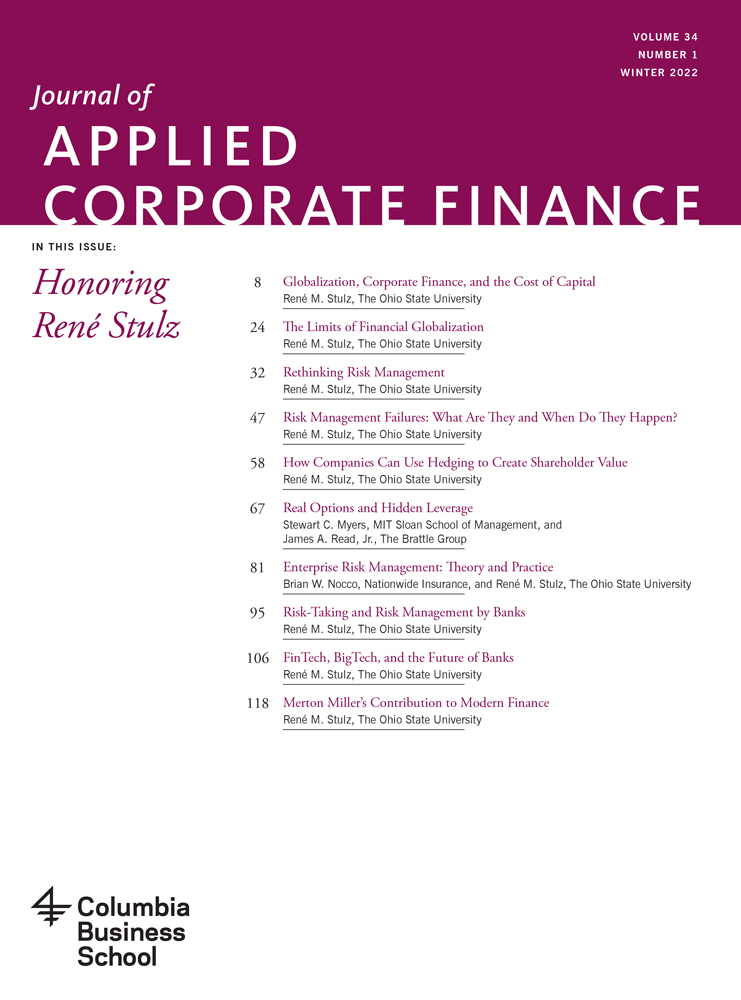
Private Equity and Portfolio Companies: Lessons From the Global Financial Crisis
Critics of private equity have warned that the high leverage often used in PE-backed companies could contribute to the fragility of the financial system during economic crises. The proliferation of poorly structured transactions during booms could increase the vulnerability of the economy to downturns. The alternative hypothesis is that PE, with its operating capabilities, expertise in financial restructuring, and massive capital raised but not invested ("dry powder"), could increase the resilience of PE-backed companies. In their study of PE-backed buyouts in the U.K. - which requires and thereby makes accessible more information about private companies than, say, in the U.S. - the authors report finding that, during the 2008 global financial crisis, PE-backed companies decreased their overall investments significantly less than comparable, non-PE firms. Moreover, such PE-backed firms also experienced greater equity and debt inflows, higher asset growth, and increased market share. These effects were especially notable among smaller, riskier PE-backed firms with less access to capital, and also for those firms backed by PE firms with more dry powder at the crisis onset. In a survey of the partners and staff of some 750 PE firms, the authors also present compelling evidence that PEs firms play active financial and operating roles in preserving or restoring the profitability and value of their portfolio companies.





